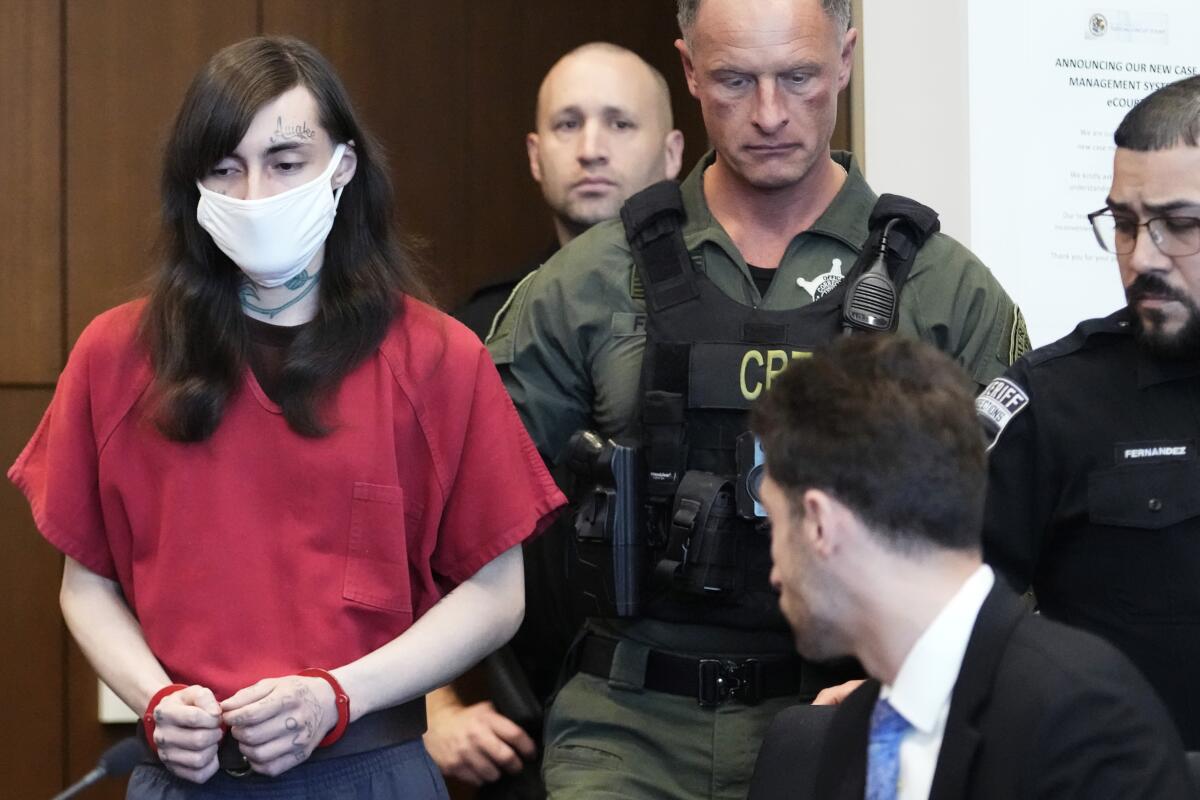The trial for Robert Crimo III, accused of the heinous Fourth of July parade shooting in suburban Chicago, faces a delay as his defense team requested more time to scrutinize evidence.

Legal Maneuvers and Changing Defense Strategies
Initially scheduled to commence next month, the trial’s start date remains uncertain after Crimo’s legal representation underwent a series of changes. Having fired his public defenders and expressing intent to represent himself in December, Crimo reinstated his legal counsel just last week. This legal back-and-forth has added complexity to a case that has already generated significant public attention and concern.
Extensive Case Material and Prosecution’s Proposal
Lake County Assistant Public Defender Anton Trizna, representing Crimo, informed Judge Victoria Rossetti that the defense needed additional time to thoroughly examine the extensive case materials provided by prosecutors. The prosecution, in December, disclosed nearly 10,000 pages of information to the defense team, with additional materials subsequently delivered. This abundance of evidence compelled the defense to seek a postponement of the trial, originally scheduled for February 26, to February 2025. Prosecutors, however, proposed a more immediate start, suggesting September or October of this year as viable alternatives. The ongoing legal proceedings underscore the challenges in balancing the defendant’s right to a fair trial with the court’s imperative to move forward efficiently.

Uncertainty Surrounds Trial Date Amid Legal Discussions
The trial’s postponement reflects weeks of uncertainty surrounding Crimo’s legal strategy and the ensuing consequences on the case’s timeline. The judge granted the delay but refrained from setting a new trial date. The defense now faces the task of preparing for trial, and Judge Rossetti urged defense lawyers to assess their readiness for a potential fall trial. As the legal proceedings continue, the case highlights the intricate dance between legal maneuvering, evidentiary reviews, and the broader implications for justice in the aftermath of a tragic incident that left seven people dead and numerous others injured during a community celebration. The next scheduled hearing on February 21 will likely shed further light on the trajectory of this high-profile trial.